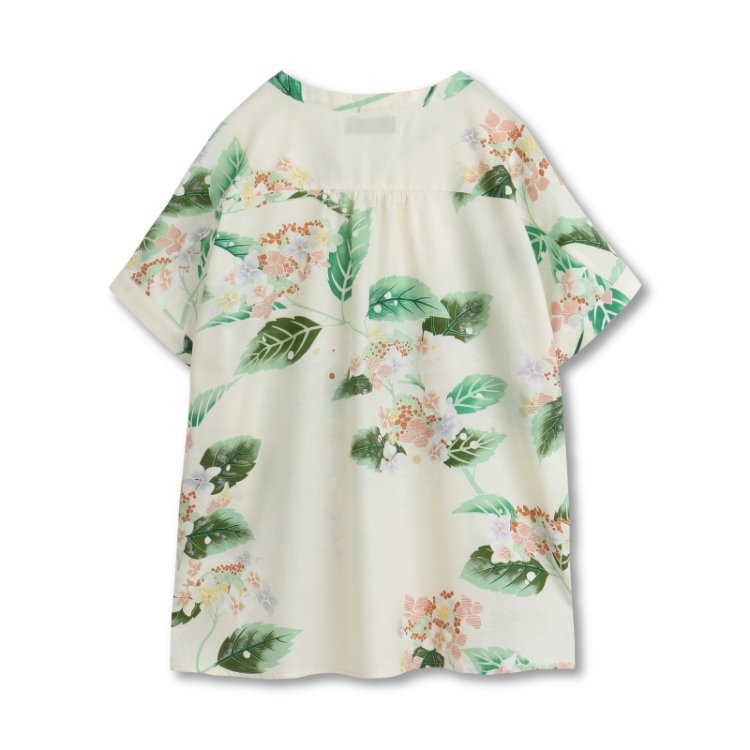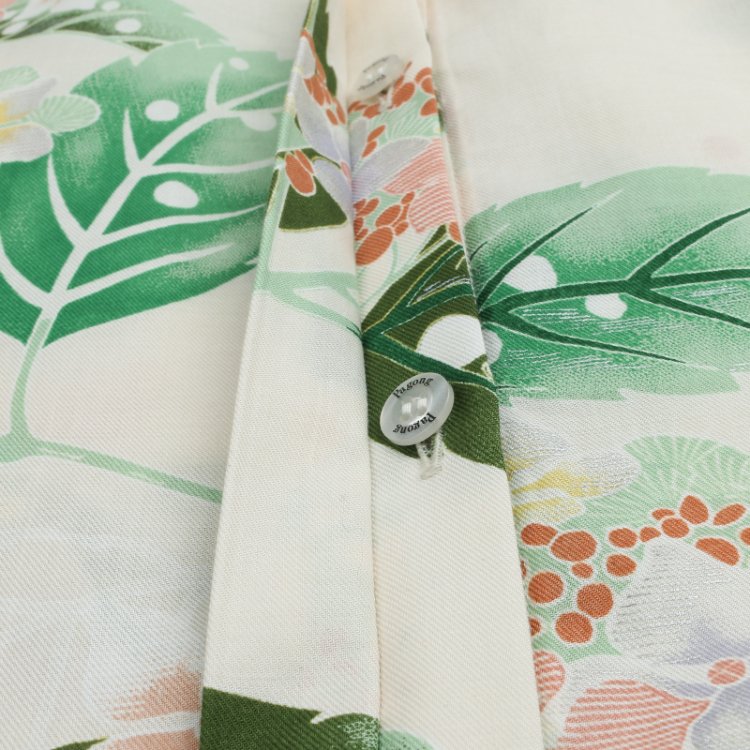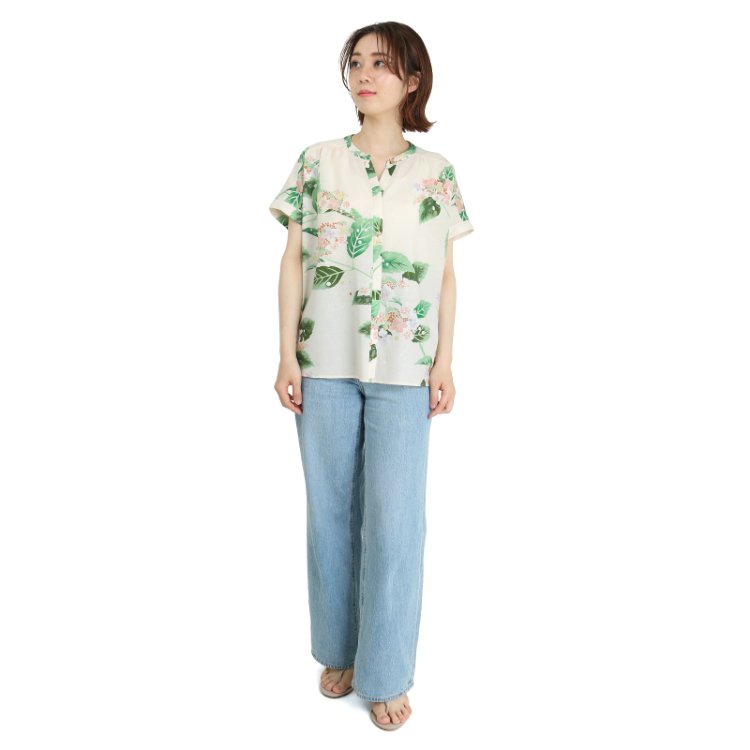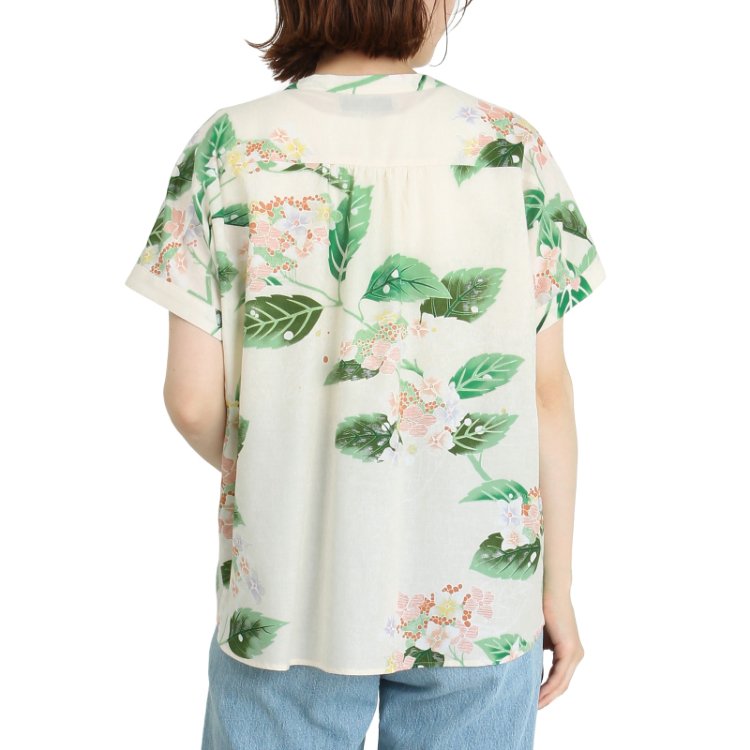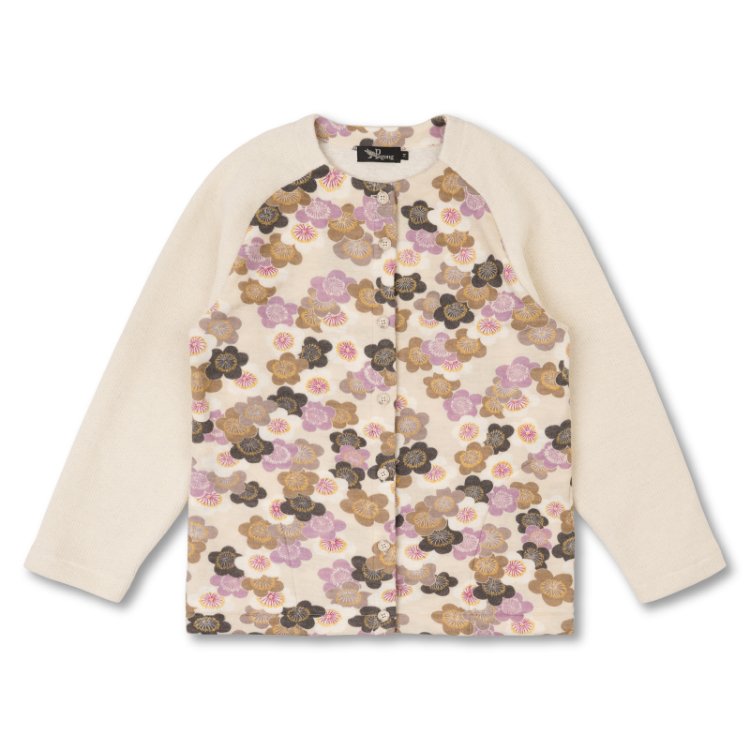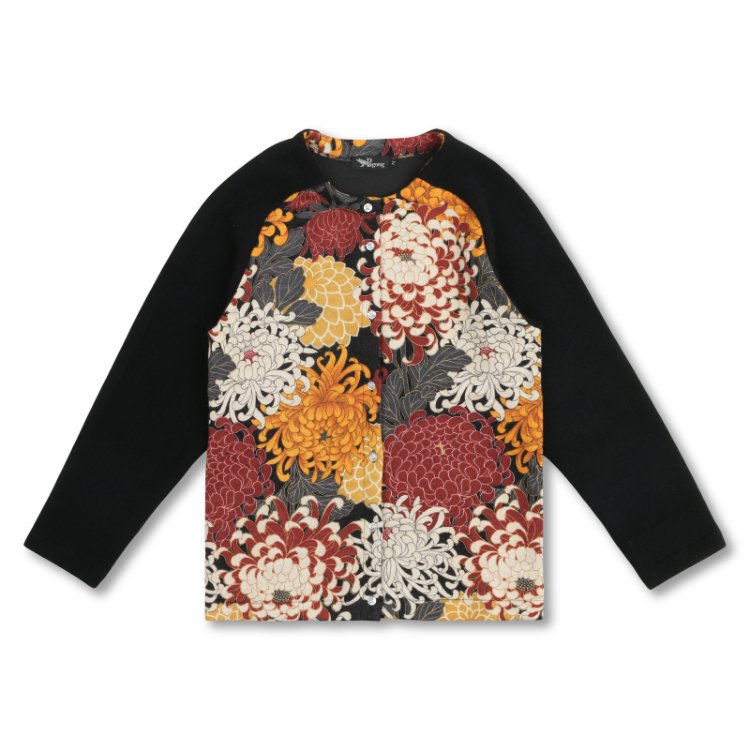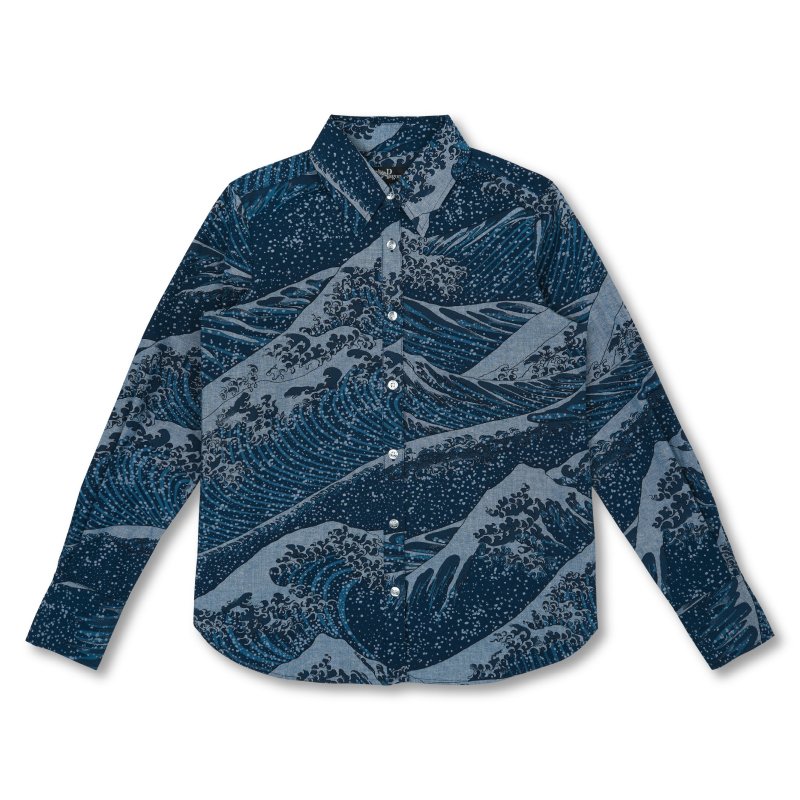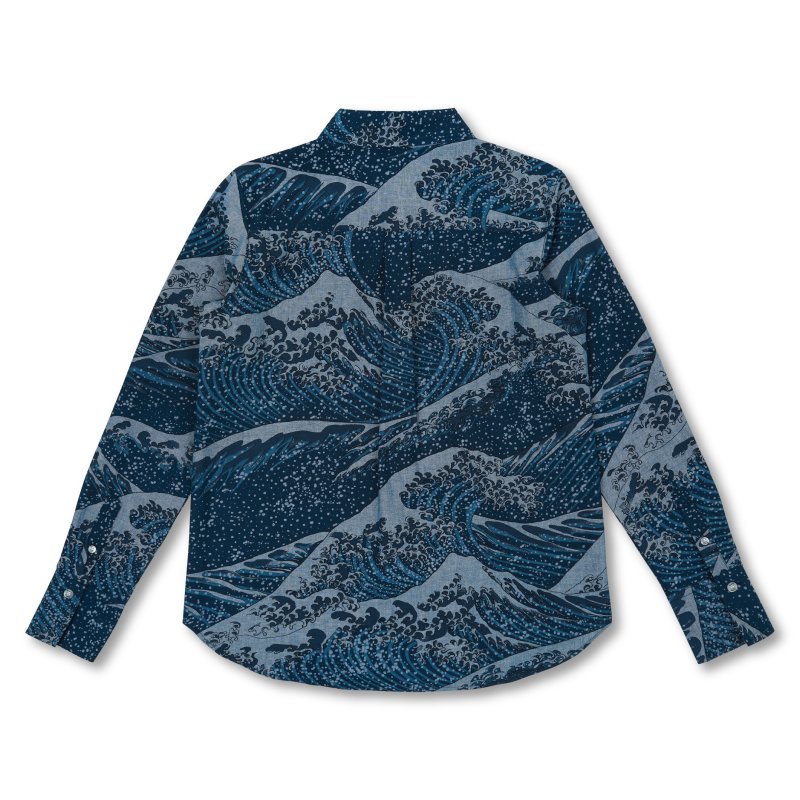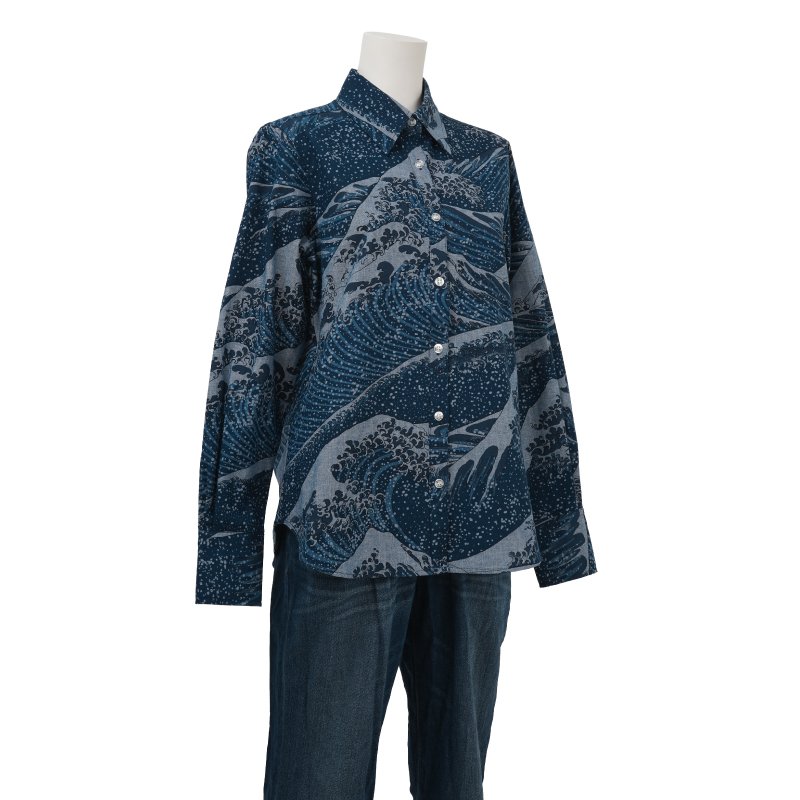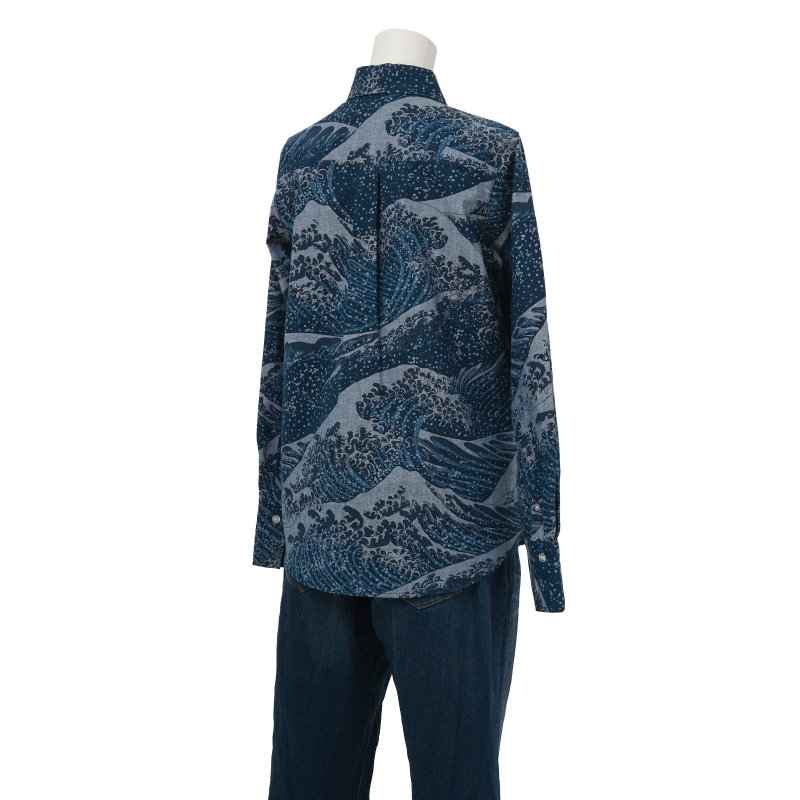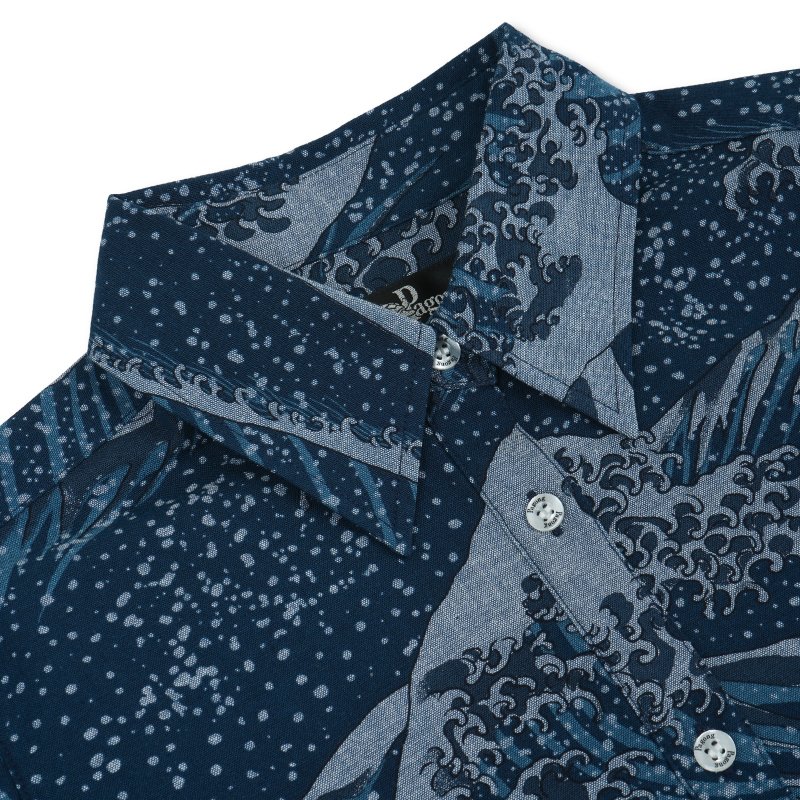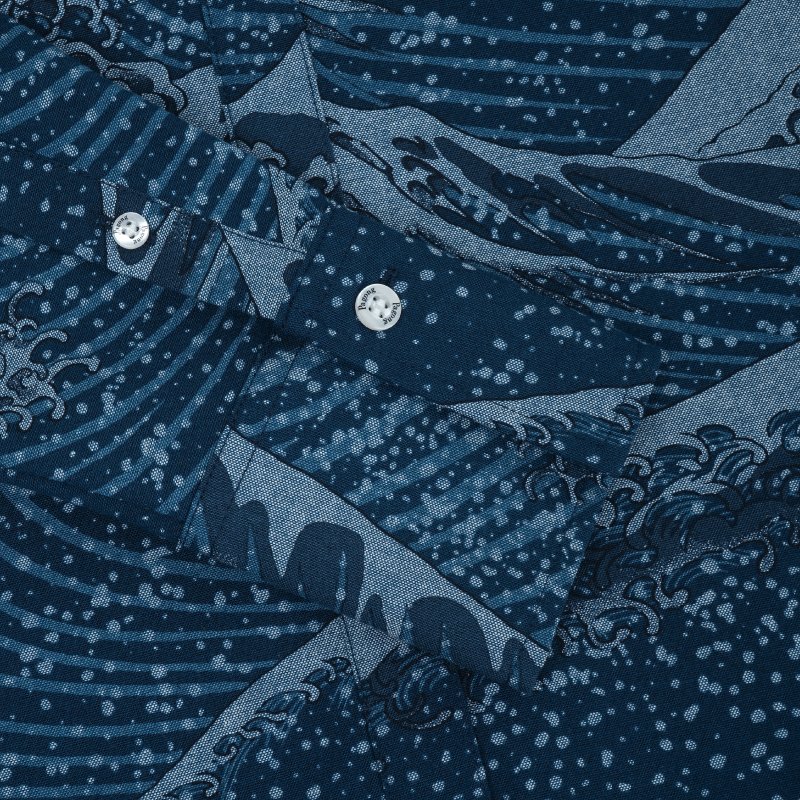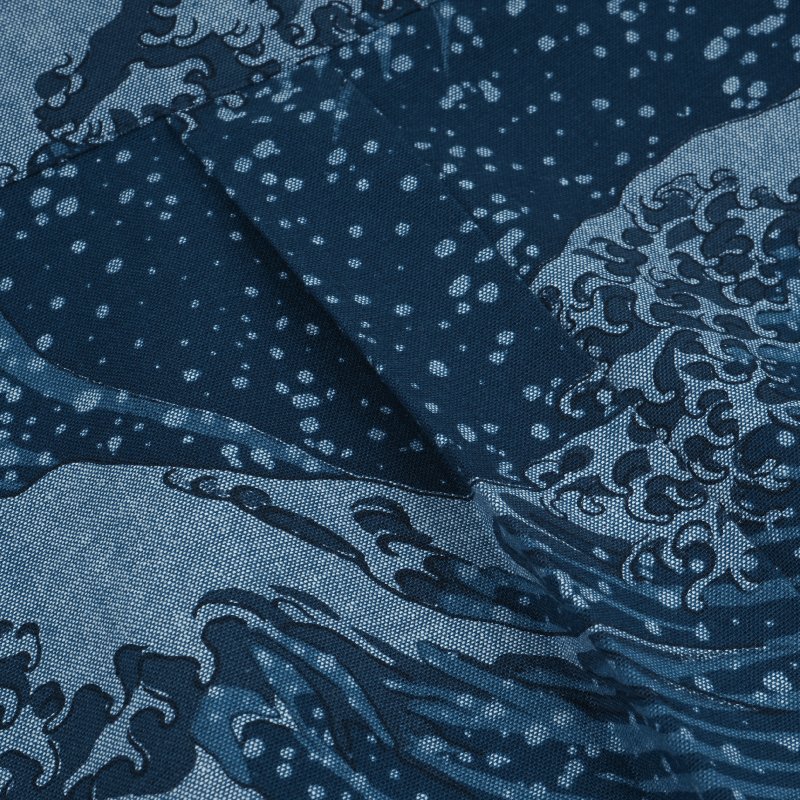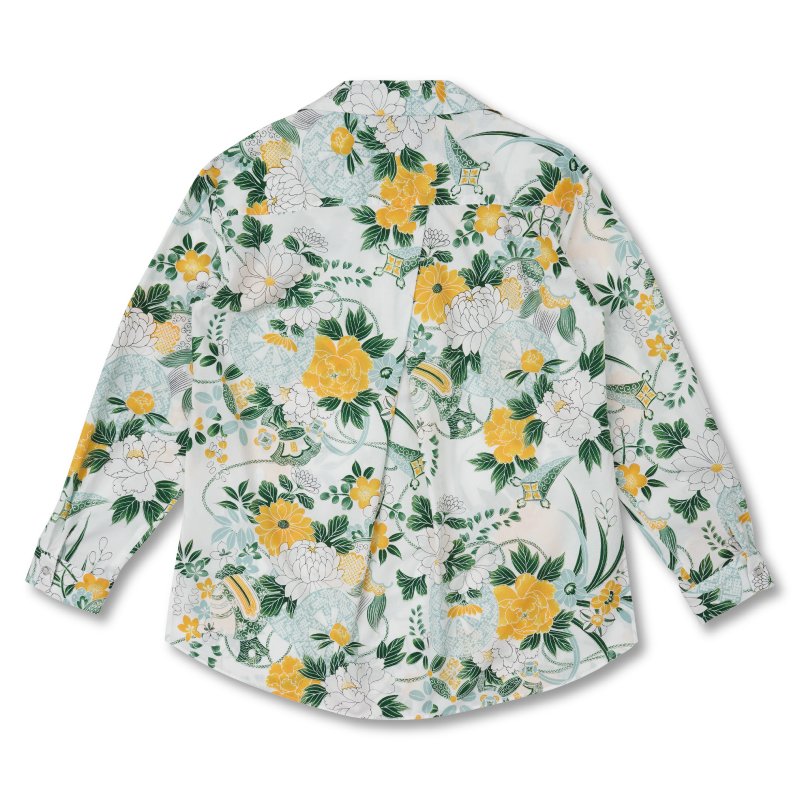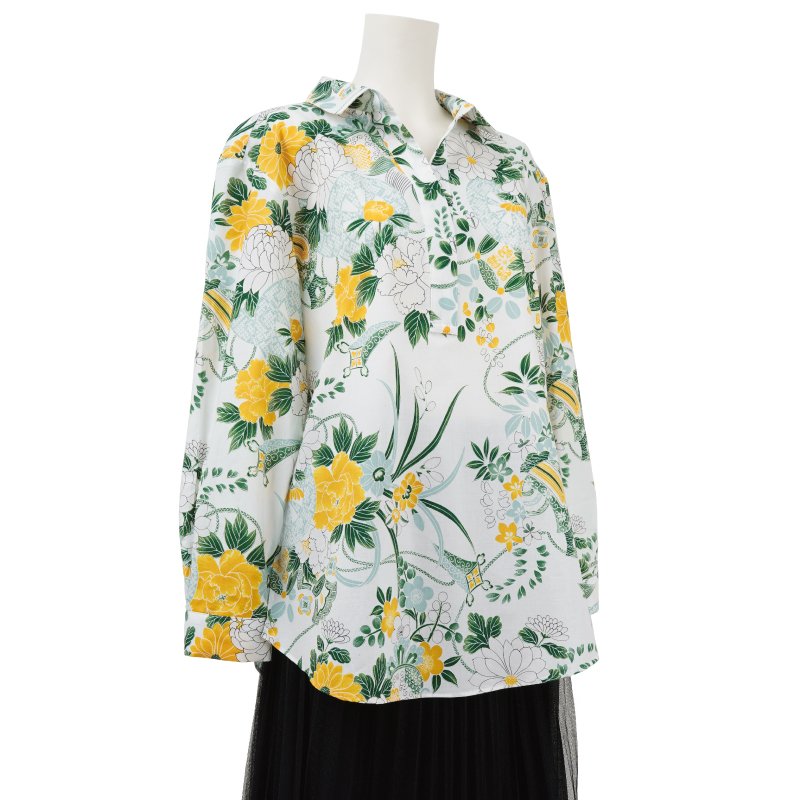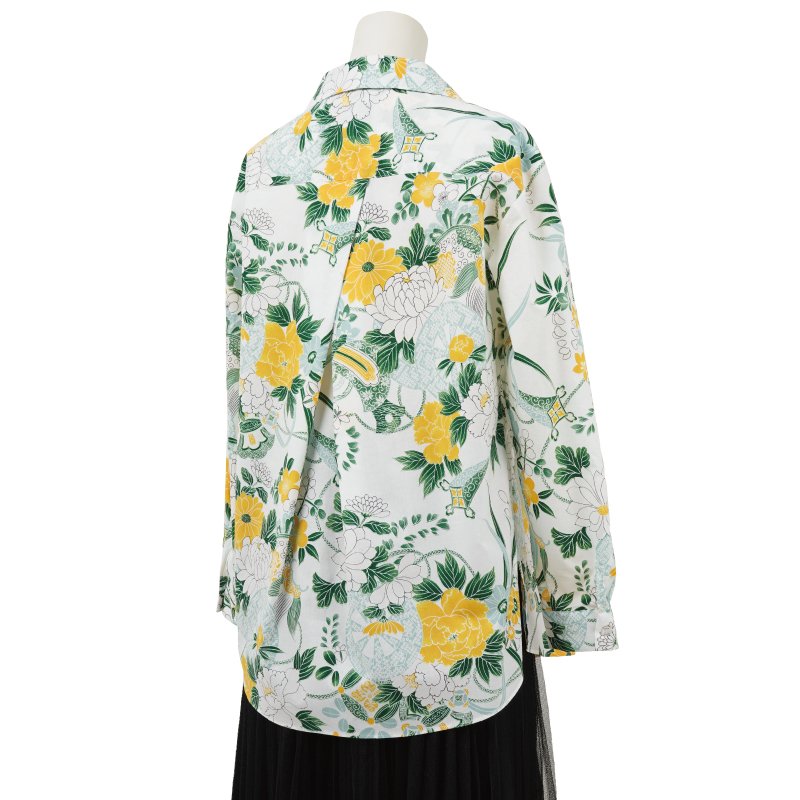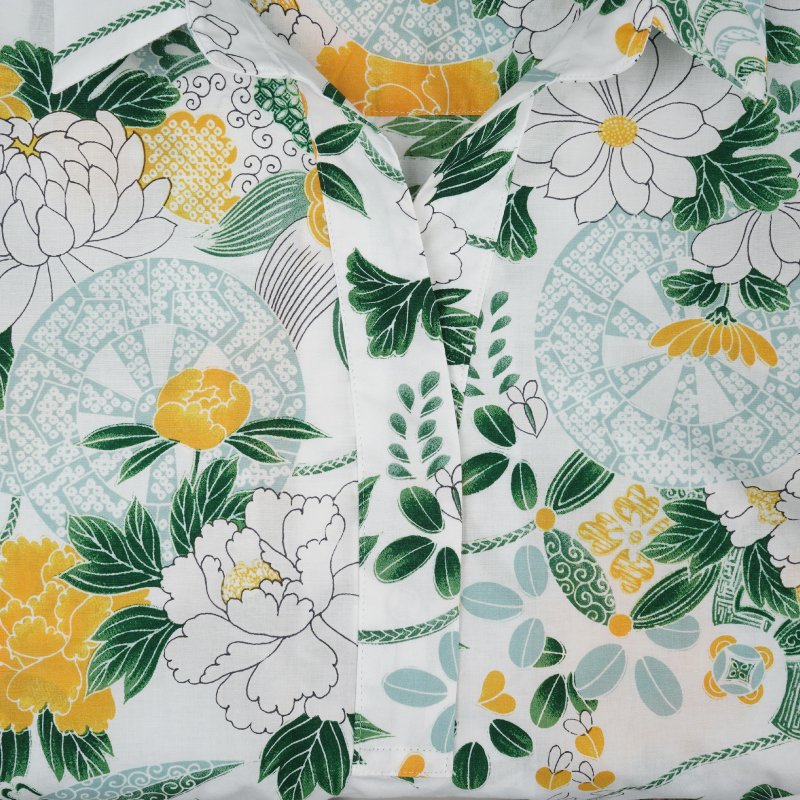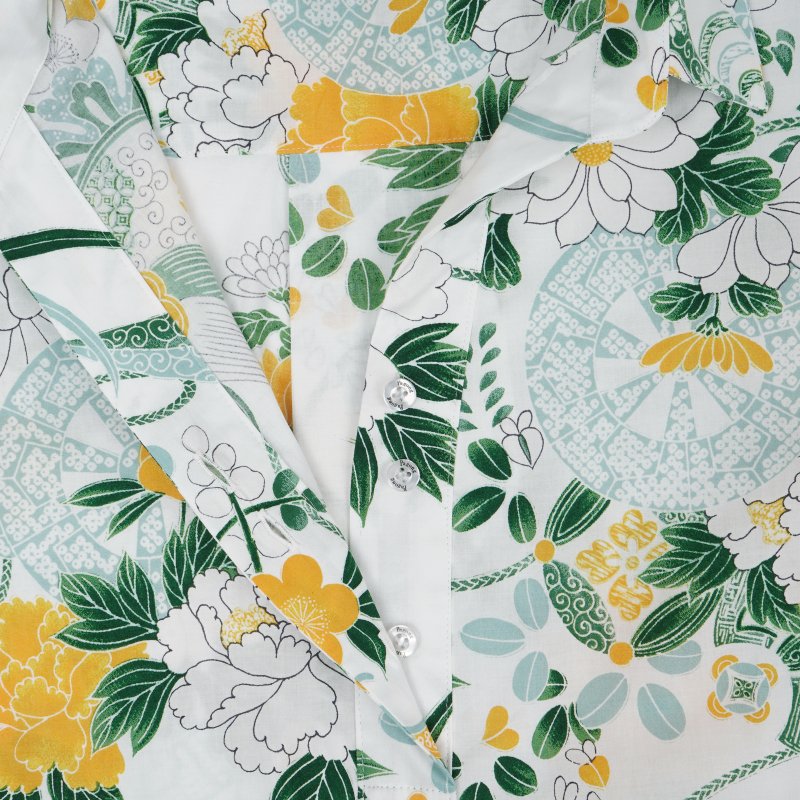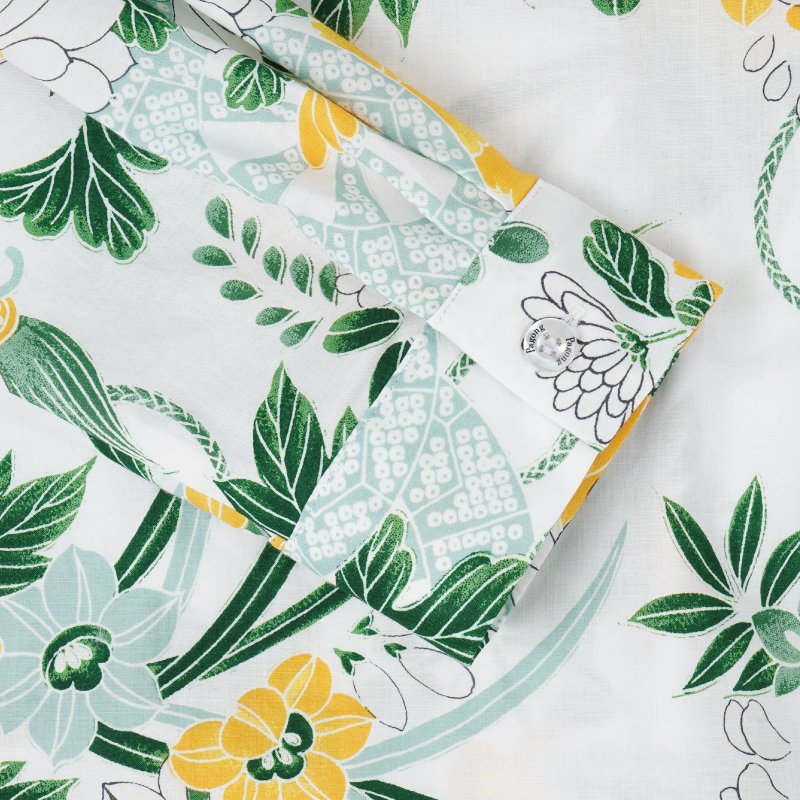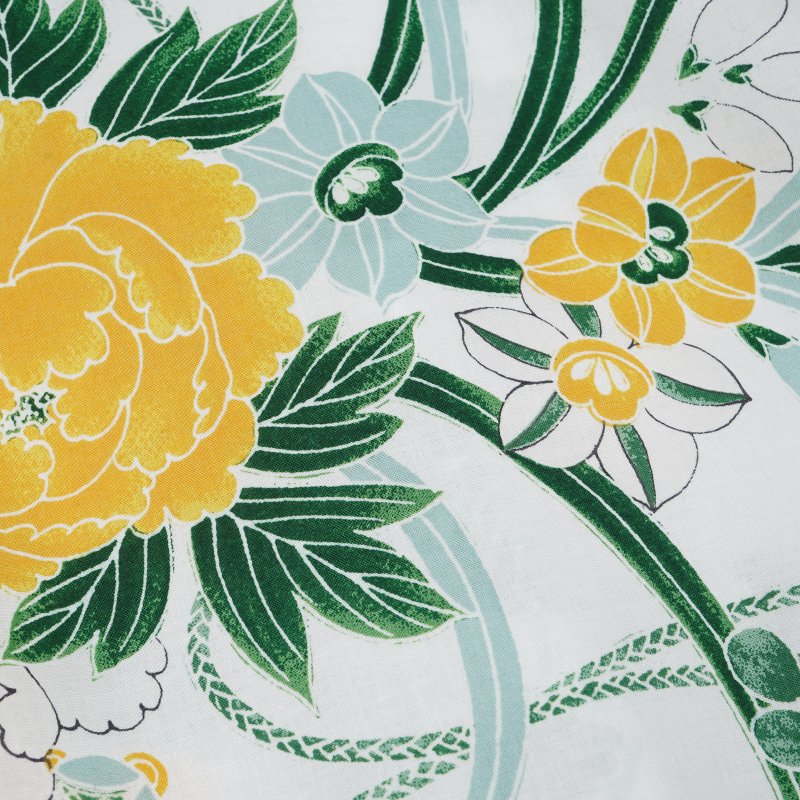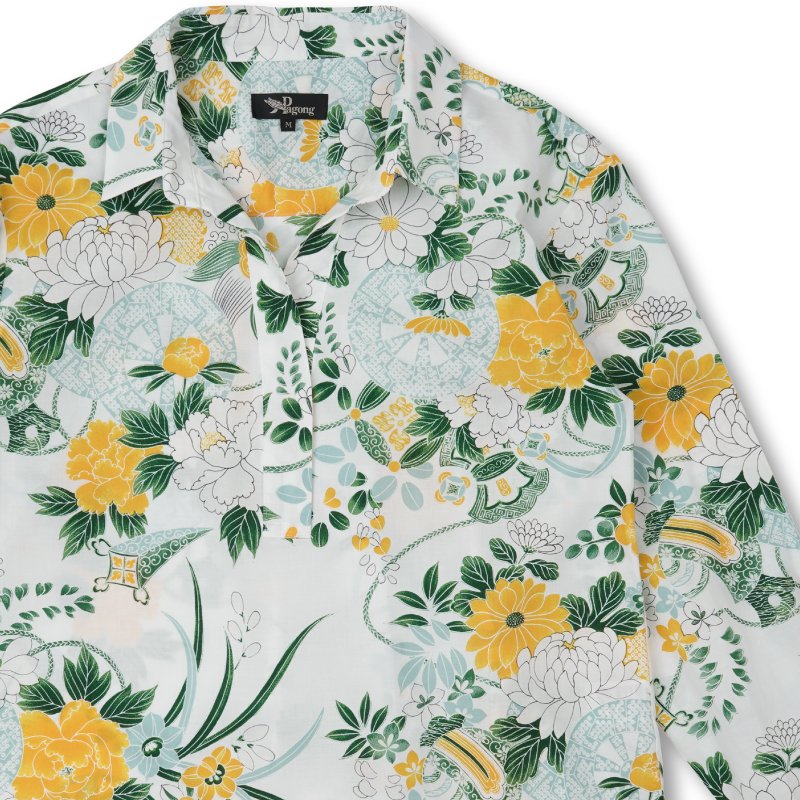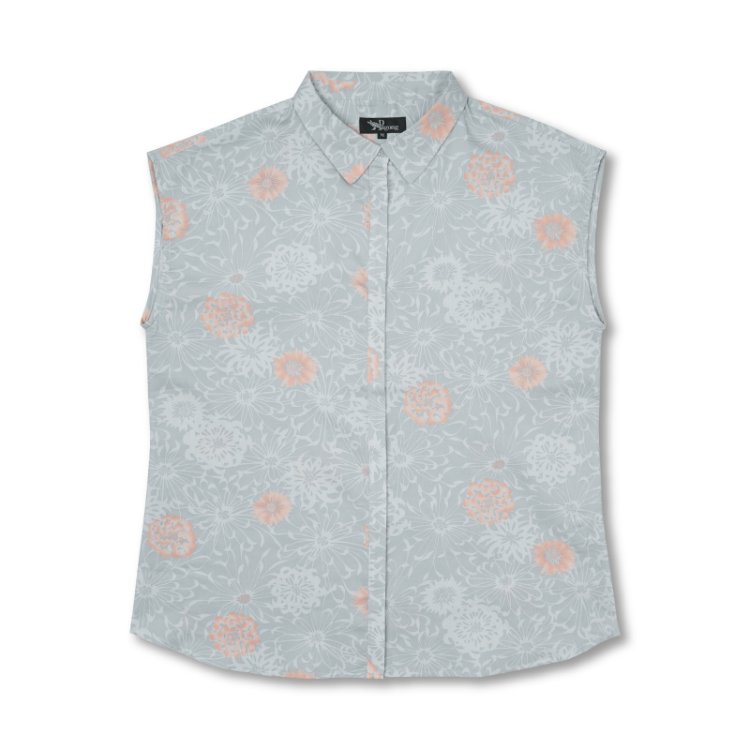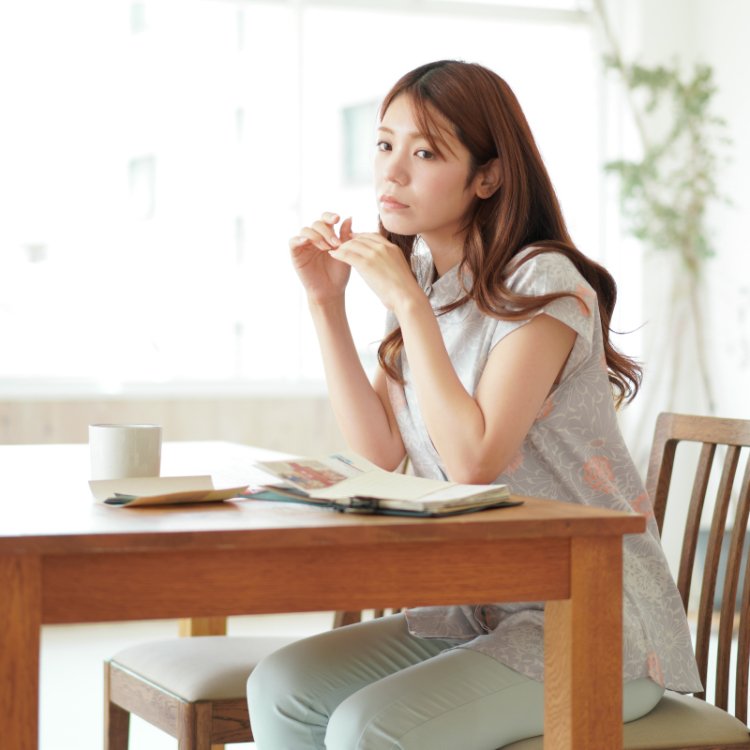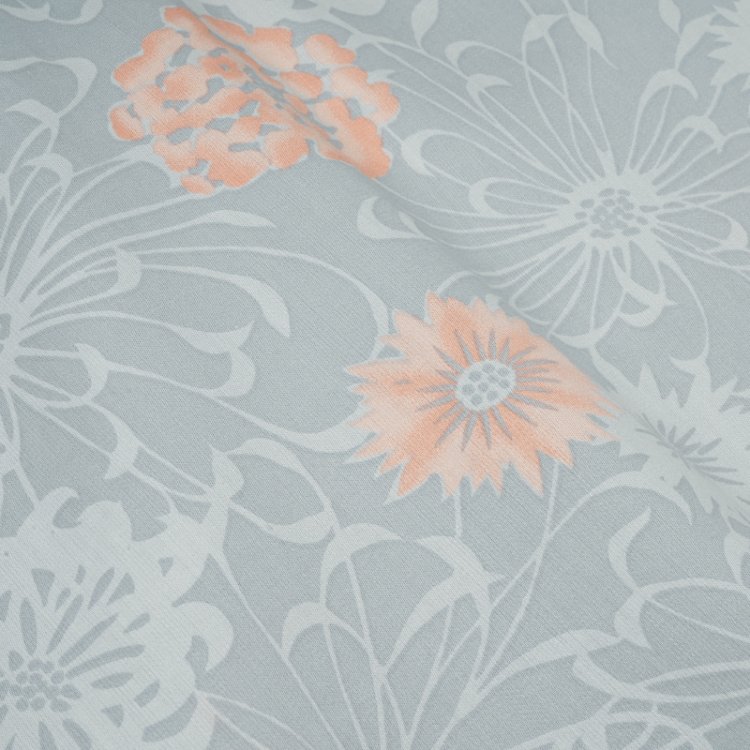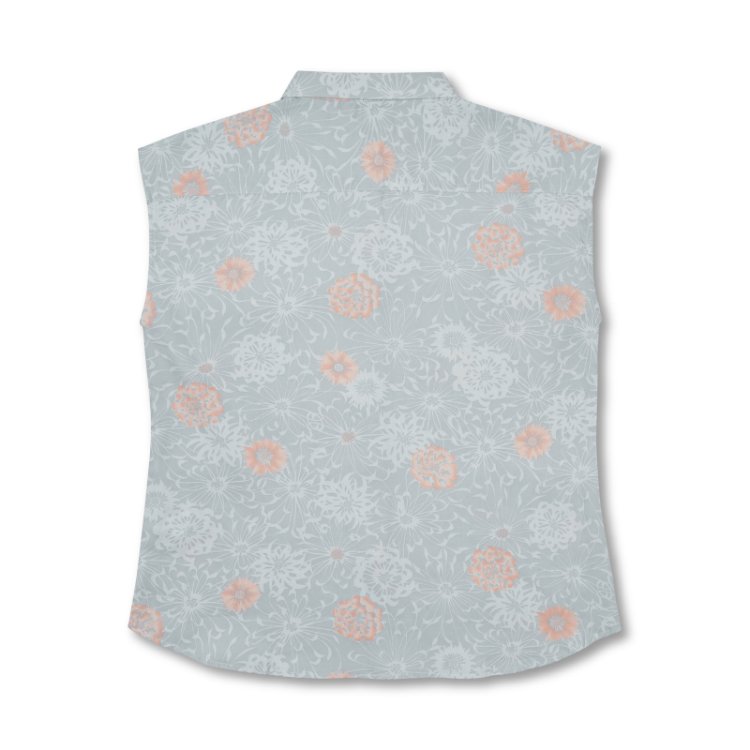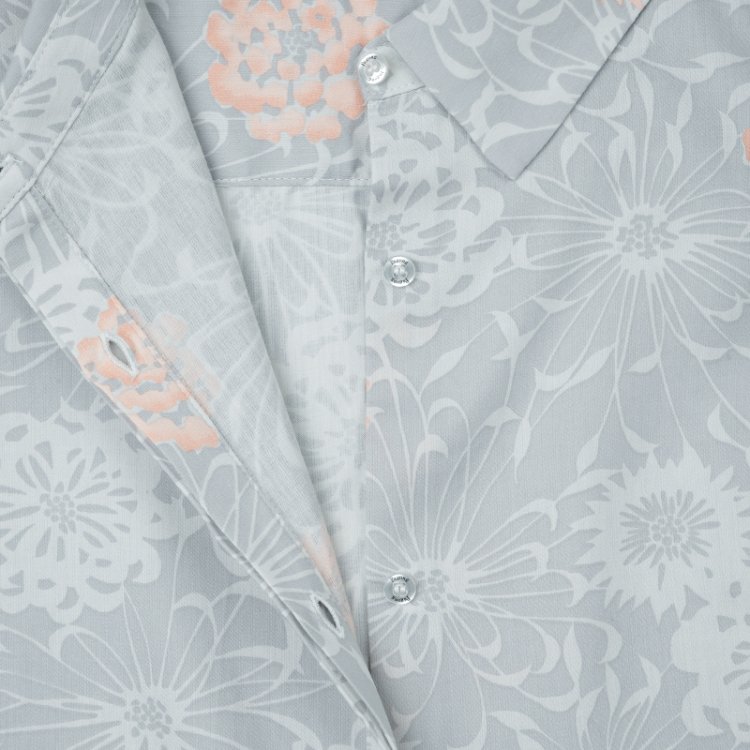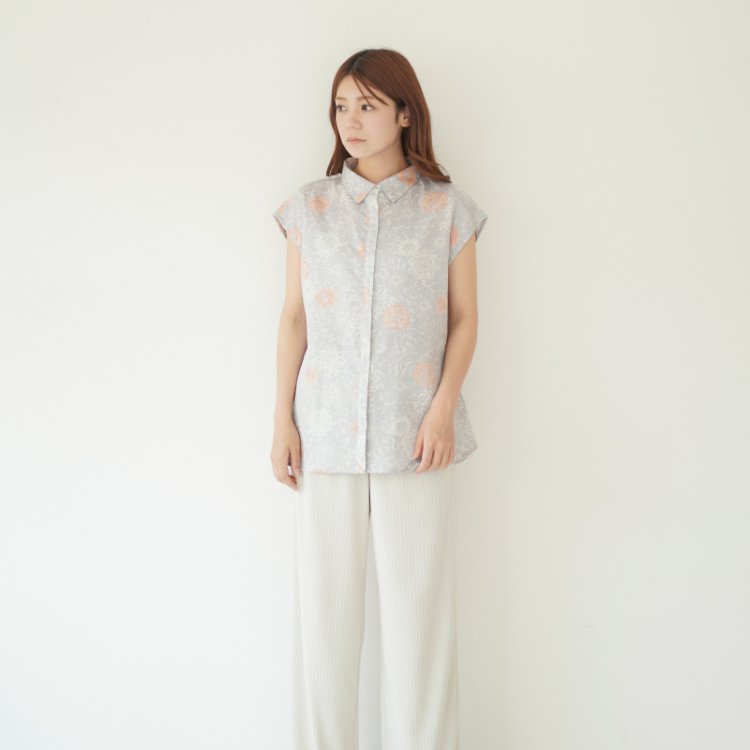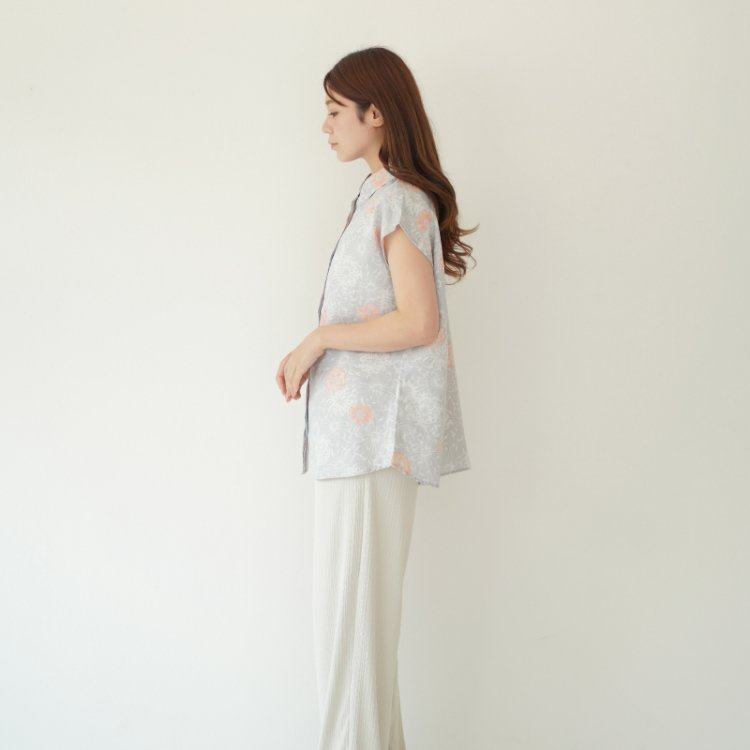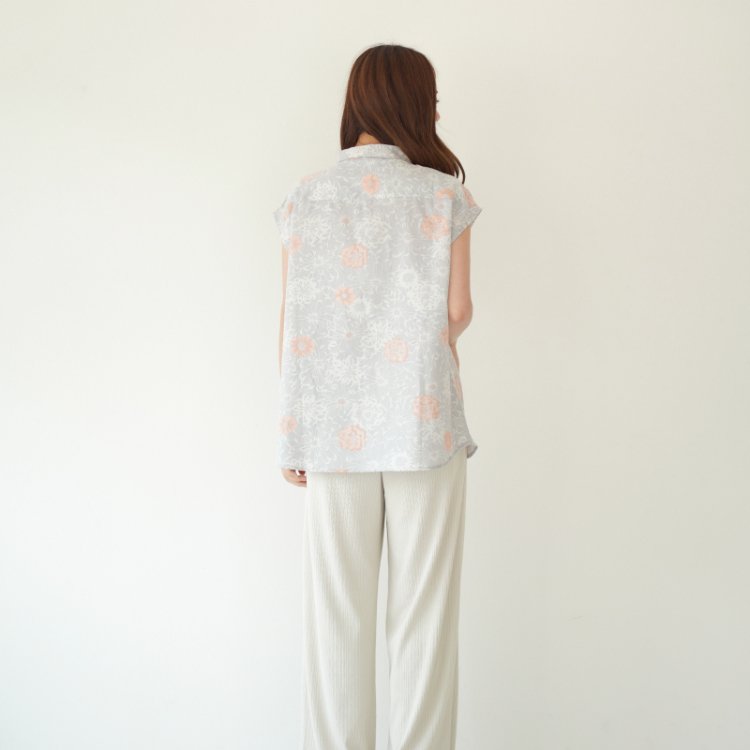AJISAI "Hydrangea" Blouse
Color / White and Multi-color Care Instruction
Japanese name/ 紫陽花 (Ajisai)
Hydrangeas, native to Japan, include a variety called "Gaku hydrangea," which has been integrated into Japanese culture since ancient times and is mentioned in the Man'yoshu.
The flower's color changes with soil pH, giving it the nickname "Shichihenge" or "seven changes." Notably, large blue-purple flowers have been popular since the Edo period and are common motifs in ceramics, lacquerware, kimonos, and yukata, evoking early summer.
A poem in the Man'yoshu expresses a wish for a loved one’s prosperity, likening it to the layered blooming of hydrangeas. This imagery symbolizes deep connections between people, suggesting that the beauty of blooms and dew may inspire enduring bonds.
・Cotton 75% / Rayon 25%
・Made in Japan
・Hand-wash
・Model ( 5 feet, 3 inches )
Currency : US Dollar (USD)
Color / White and Multi-color Care Instruction
Japanese name/ 紫陽花 (Ajisai)
Hydrangeas, native to Japan, include a variety called "Gaku hydrangea," which has been integrated into Japanese culture since ancient times and is mentioned in the Man'yoshu.
The flower's color changes with soil pH, giving it the nickname "Shichihenge" or "seven changes." Notably, large blue-purple flowers have been popular since the Edo period and are common motifs in ceramics, lacquerware, kimonos, and yukata, evoking early summer.
A poem in the Man'yoshu expresses a wish for a loved one’s prosperity, likening it to the layered blooming of hydrangeas. This imagery symbolizes deep connections between people, suggesting that the beauty of blooms and dew may inspire enduring bonds.
・Cotton 75% / Rayon 25%
・Made in Japan
・Hand-wash
・Model ( 5 feet, 3 inches )
Currency : US Dollar (USD)
Color / White and Multi-color Care Instruction
Japanese name/ 紫陽花 (Ajisai)
Hydrangeas, native to Japan, include a variety called "Gaku hydrangea," which has been integrated into Japanese culture since ancient times and is mentioned in the Man'yoshu.
The flower's color changes with soil pH, giving it the nickname "Shichihenge" or "seven changes." Notably, large blue-purple flowers have been popular since the Edo period and are common motifs in ceramics, lacquerware, kimonos, and yukata, evoking early summer.
A poem in the Man'yoshu expresses a wish for a loved one’s prosperity, likening it to the layered blooming of hydrangeas. This imagery symbolizes deep connections between people, suggesting that the beauty of blooms and dew may inspire enduring bonds.
・Cotton 75% / Rayon 25%
・Made in Japan
・Hand-wash
・Model ( 5 feet, 3 inches )
Currency : US Dollar (USD)



